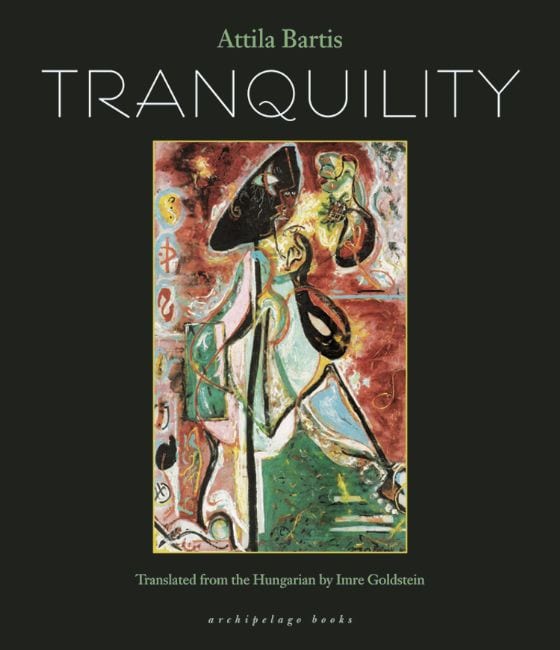Book Description
Three Percent’s Best Translated Book Award of 2008 Winner
Tranquility is a living seismograph of the internal quakes and ruptures of a mother and son trapped within an Oedipal nightmare amidst the suffocating totalitarian embrace of Communist Hungary. Andor Weér, a thirty-six-year-old writer, lives in a small apartment with his shut-in mother, Rebeka, who was once among the most celebrated stage actresses in Budapest. Unable to withstand her maniacal tyranny but afraid to leave her alone, their bitter interdependence spirals into a Sartrian hell of hatred, lies, and appeasement. Then, Andor meets the beautiful and nurturing Eszter, a woman who seems to have no past, and they fall wildly in love at first sight. With a fulfilling life seemingly within reach for the first time, Andor decides that he is ready to bring Eszter home to meet Mother. Though Bartis’s characters are unrepentantly neurotic and dressed in the blackest humor, his empathy for them is profound. A political farce of the highest ironic order, concluding that “freedom is a condition unsuited to humans,” Tranquility is ultimately, at its splanchnic core, a complex psychodrama turned inside out, revealing with visceral splendor the grotesque ideal that there’s nothing funnier than unhappiness.


